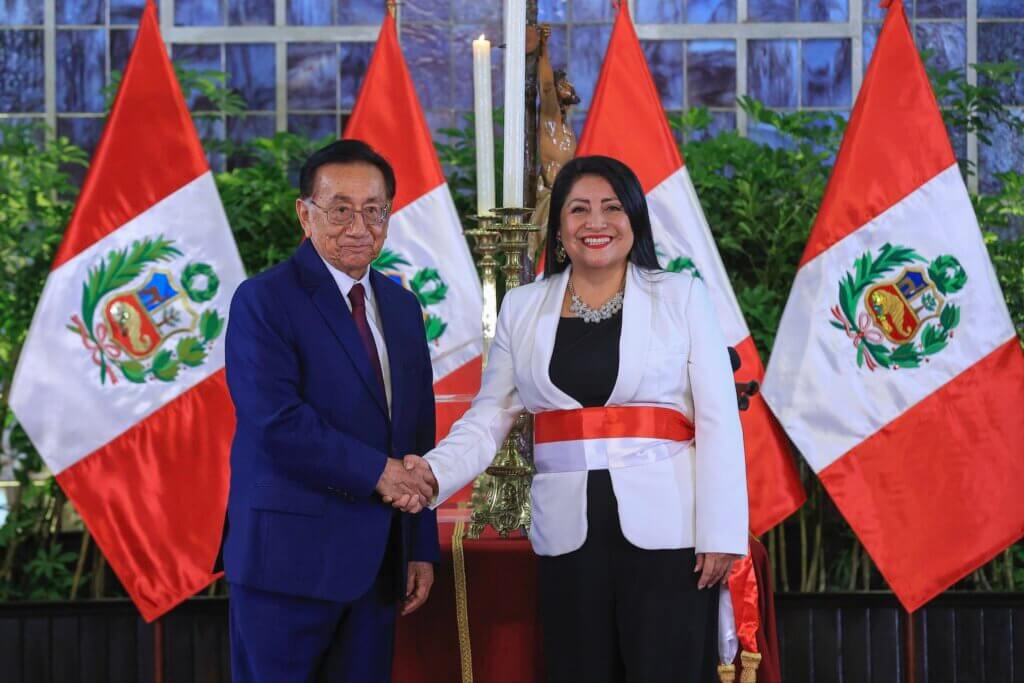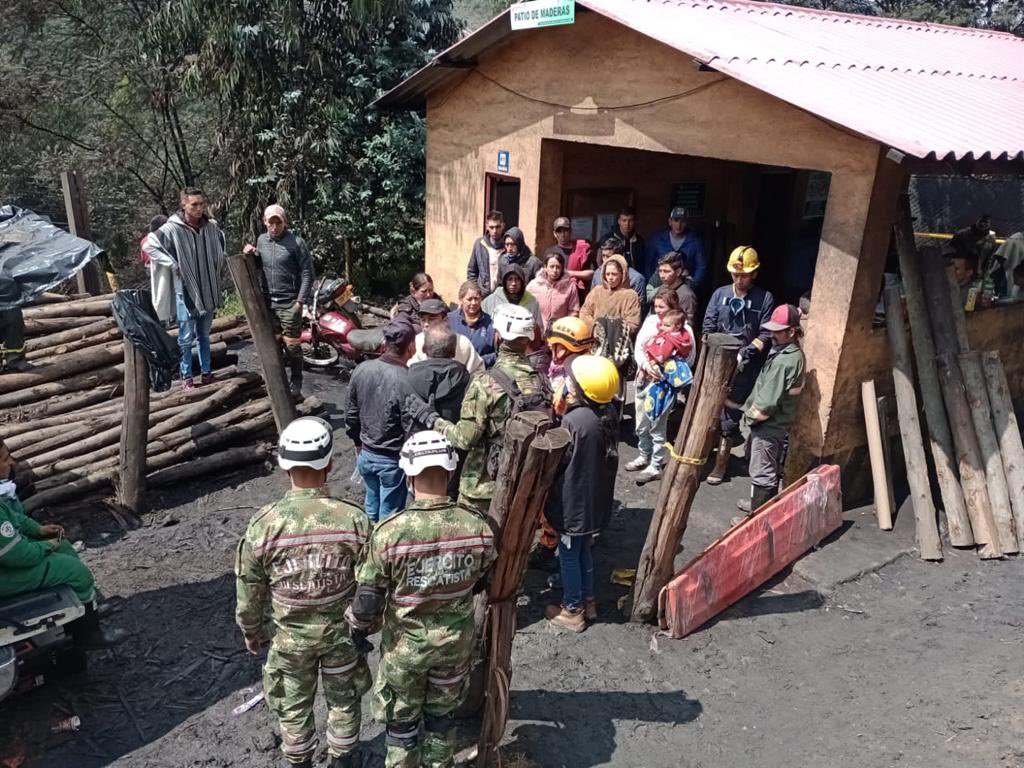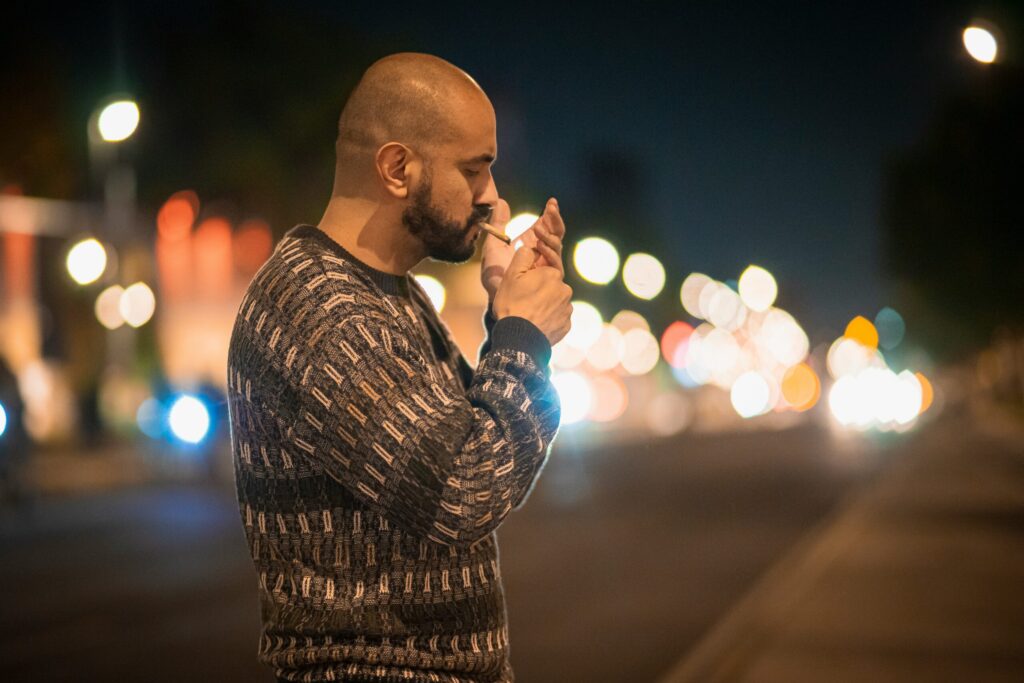Medellín, Colombia – Bolivian army chief Juan José Zúñiga attempted a military coup on June 26 after having been sacked earlier in the week for alleged anti-democratic statements against former president Evo Morales.
Soldiers from the army and armored vehicles briefly took over the Murillo plaza in La Paz, and entered the Quemado Palace, the former Bolivian executive branch offices, as reported by the BBC.
“We denounce irregular movements of some army units of the Bolivarian Army. Democracy must be respected,” shared president Luis Arce through X as the events unfolded.
After two hours, the soldiers partaking in the uprising retreated, according to Time Magazine, and thousands of Arce supporters took to the streets to celebrate the coup’s failure.
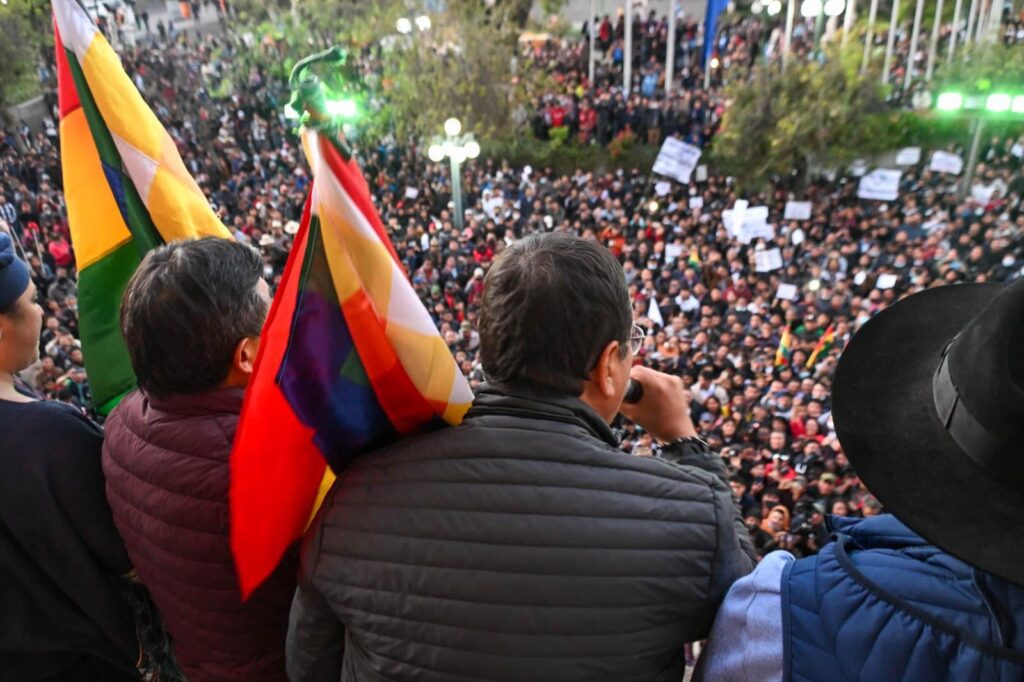
“We are here because we hear the cries of the people,” Zúñiga said during the attack on the government. “For many years now, the country has been in the hands of the elite. Owners of the state, thugs, are entrenched in different state structures, destroying the motherland as they go. The armed forces want to restructure democracy.”
Zúñiga has since stated that he was following Arce’s orders to organize a failed coup to increase Arce’s popularity, according to the BBC.
Since then, countries like Argentina have retracted their support to Arce, labeling the attack as “false and fraudulent.”
Other world leaders, however, have maintained their condemnation of the coup and their support to the Bolivarian president, including Brazilian President Luiz Inácio Lula da Silva, Venezuelan President Nicolás Maduro, Colombian President Gustavo Petro and Russian Foreign Minister Sergey Lavrov.
“I call upon the presidents of the countries members of the CELAC (Community of Latin American and Caribbean States) to condemn the fascism that threatens democracy in Bolivia, and demand respect for civil power and the Constitution,” urged Honduran President Xiomara Castro.
Who is Juan José Zúñiga?
Zúñiga was named commander of the Bolivian army in november 2022, and ratified in January 2024 by Arce himself, as reported by the BBC. Previously, Bolivian newspaper El Deber had labeled him as “the people’s general” because of his close ties to mining and labor unions.
However, according to the news outlet, Zúñiga had been accused of corruption while he was chief of the Infantry Regiment, supposedly diverting $2.7 million Bolivianos (USD $400,000) from public funds and in favor of soldier benefits in 2022.

Image Source: Luis Arce Via X.
Just one day before the events, on June 25, El Deber reported that Zúñiga had been relieved from his duties because of comments he made about stopping former President Evo Morales from running for office once more.
“The army has the duty of upholding and defending the Political Constitution of the State. This man cannot be president of this country again,” stated Zúñiga about Morales.
When asked explicitly if he would stop the former president from running, the general stated “I think so, if it is warranted,” according to Bolivian newspaper Opinión.
Political Crisis in Bolivia
Zúñiga’s row with the former president can be dated back to Morales’ condemnation of the general’s 2022 corruption accusations, according to Colombian newspaper El Espectador.
The outlet also reported that Zúñiga has reiterated that constitutionally, Morales — who was president from 2006 to 2019 — could not serve another term.
Tensions have also been escalating for some time between president Arce, who served as Morales’ Economy Minister, and the former president, according to Argentine newspaper La Nacion.
Both men have announced their intention to run in the 2025 presidential elections, which prompted the fracturing of the socialist MAS party, to which both Arce and Morales belong.
In conversation with El País, Susana Bejarano, a political scientist and former vice-president of the Bolivian Central Bank Cultural Foundation, said that ever since the Constitutional Tribunal disqualified Morales from running again, the situation has been a “total war,” between the leaders.
Another factor that has contributed to the political instability of Bolivia is the economic crisis, partly due to a dollar shortage, and the subsequent rise in prices for basic goods like rice and tomatoes, according to the BBC.
What’s next?
General Zúñiga was arrested on the same day as the attempted coup, and was ordered to serve six months in a maximum-security prison while the government investigates what happened, according to CNN.
He was also accused of terrorism and armed uprising, although he maintains that he was following Arce’s orders.
According to the Bolivian Ministry of Defense, Arce named General José Sánchez as the new army chief while the coup was still ongoing. Sanchez’s first order was for all military members that remained on the streets to return to their units.
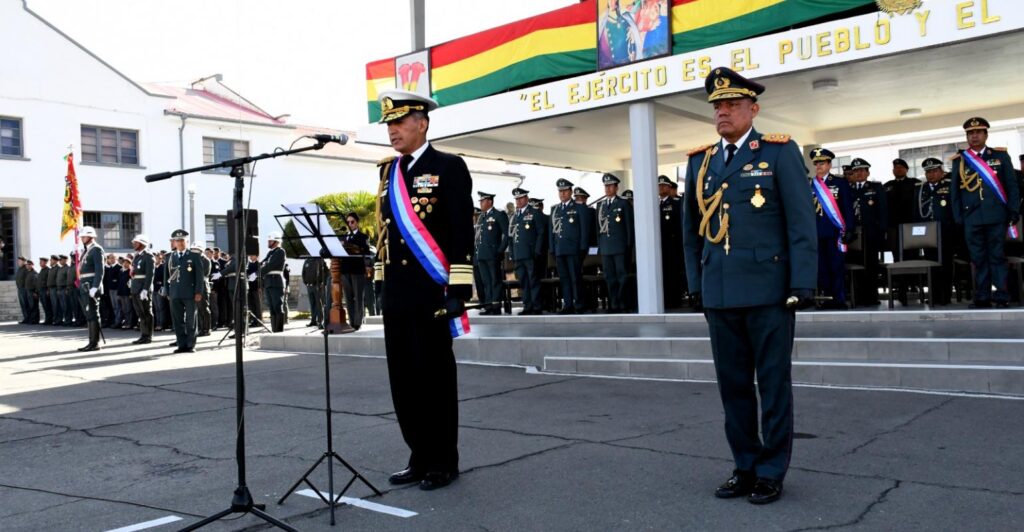
On July 1, the government announced that 31 people collaborated with Zúñiga in the attempted coup, as per El Deber. Twenty of them have been apprehended by the authorities, and the remaining 11 are currently wanted by police.
However, in conversation with El País, President Arce affirmed that behind the attack lies a web of foreign interests seeking to gain ownership and control over Bolivia’s natural resource reserves, namely, its lithium.
The president also stated that he was not surprised by Morales’ support of the “self-coup” theory. “He wants to be the presidential candidate, and will do anything for his personal political aspirations.”



